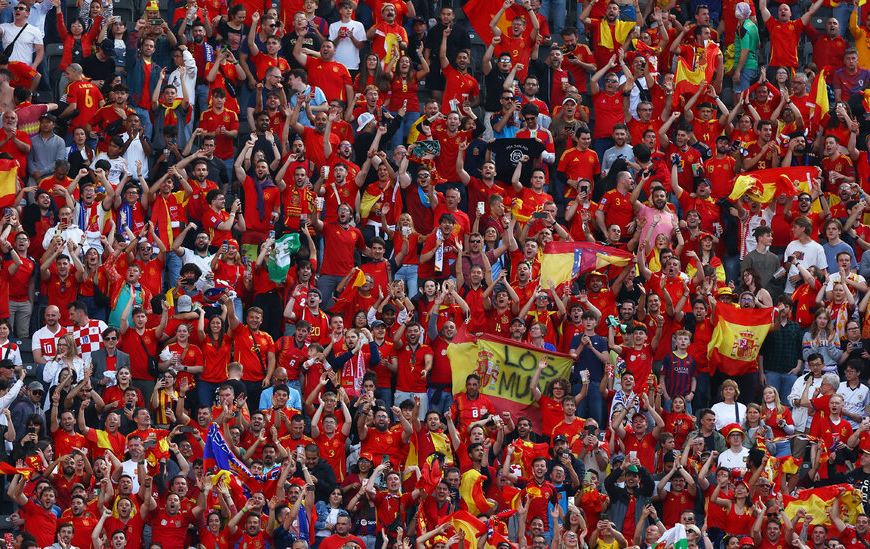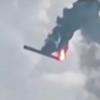Miguel Martínez was not entirely sure how to react. On Monday evening, he found himself standing outside a bar in Bilbao, tuning in and out of his colleagues’ conversation, his eyes fixed on a television screen inside. He has been avidly tracking Spain’s progress in the European soccer championship, he said, and a work trip was not going to get in the way.
He had watched the country’s first two games with his 13-year-old son, back home in Seville. The city, he said, has caught a severe dose of major tournament fever, a condition that reliably sweeps across Europe on a biennial basis. Balconies are decorated with Spanish flags. The streets are alive with Spanish jerseys. Spain’s wins have prompted wild celebrations.
As far as Mr. Martínez could tell, though, Bilbao was somehow immune. There were plenty of flags draped from balconies, but they stood for Palestine, or Pride, or, most commonly, the Basque Country itself, in the form of the region’s traditional Ikurriña. The Spanish flag flew only from a handful of official buildings.
Mr. Martínez was well aware of why that is. The Basque Country, a mountainous region that presses up against the Bay of Biscay and the Pyrenees in the north of Spain, has long regarded itself as distinct from the rest of the nation. It has its own language, culture and identity. The Basque struggle for autonomy, even independence, has long and bloody roots.
He was keen, then, to be respectful of his hosts, and not cause any offense. When Spain scored early in its third group game, a meeting with Albania, he and his colleagues responded with a brief, muted cheer — little more than an exhalation, rather than the joyous abandon they might have displayed in Seville.







